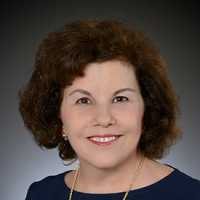Author Interviews, Breast Cancer, Cancer Research, COVID -19 Coronavirus / 10.12.2020
COVID-19 Impacts Breast Cancer Study Data Acquisition
MedicalResearch.com Interview with:
Joanne L. Blum, MD, PhD, FACP
Texas Oncology and Director
Hereditary Cancer Risk Program
Baylor University Medical Center
MedicalResearch.com: What is the background for this study? Would you briefly describe the POLARIS study?
Response: POLARIS is an ongoing prospective, real-world, non-interventional study in patients with HR+/HER2-ABC receiving palboiclib plus endocrine therapy with a targeted enrollment of 1500 patients at 110 sites in the United States and Canada.
MedicalResearch.com: What are the main findings?
- Because of the COVID-19 pandemic, approximately one third of the study sites experienced an impact on their responsiveness to correspondence, timely data entry, and subject management.
- The geographic location or type (e.g., academic or community) of study site appears associated with whether the site was impacted by COVID-19.
- Other study site characteristics were generally similar between sites that reported an impact of COVID-19 and those that were not impacted.
- Because of inherent limitations of survey studies, these findings must be interpreted with caution.



